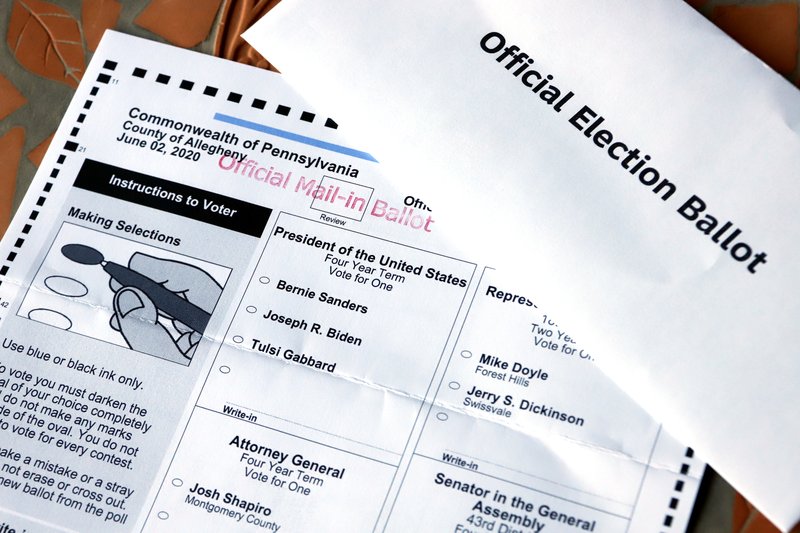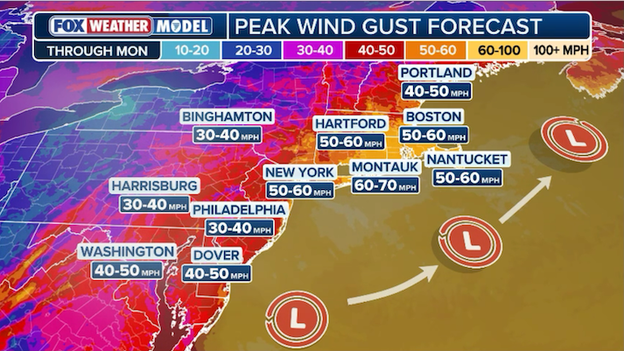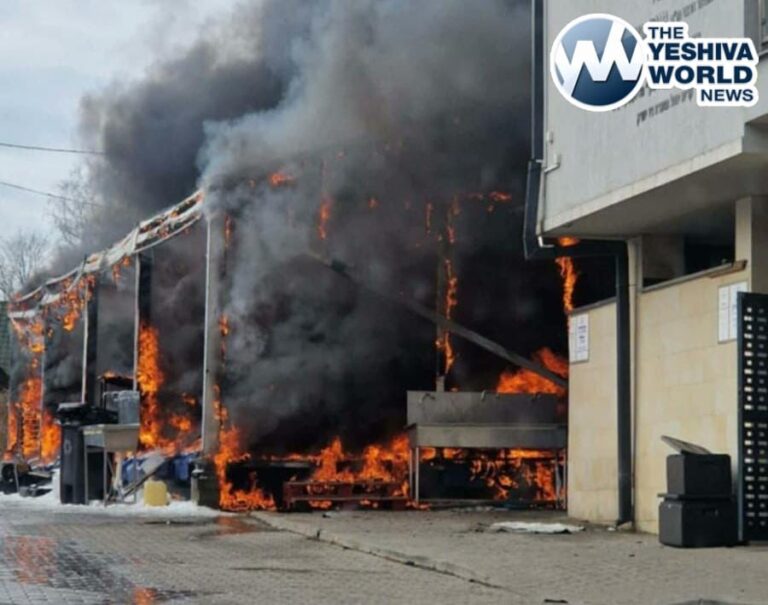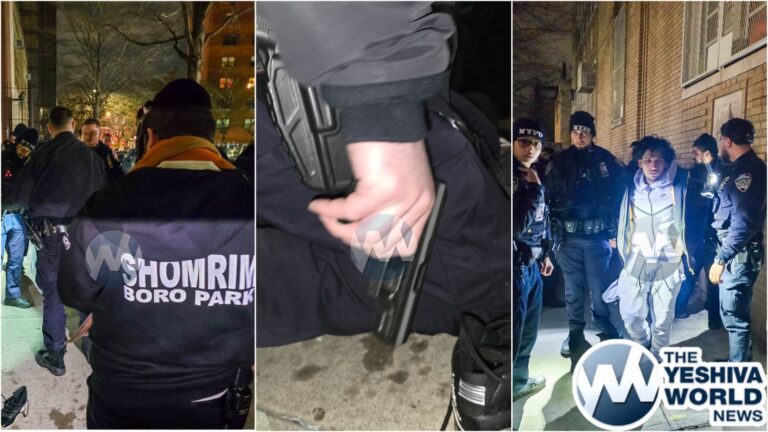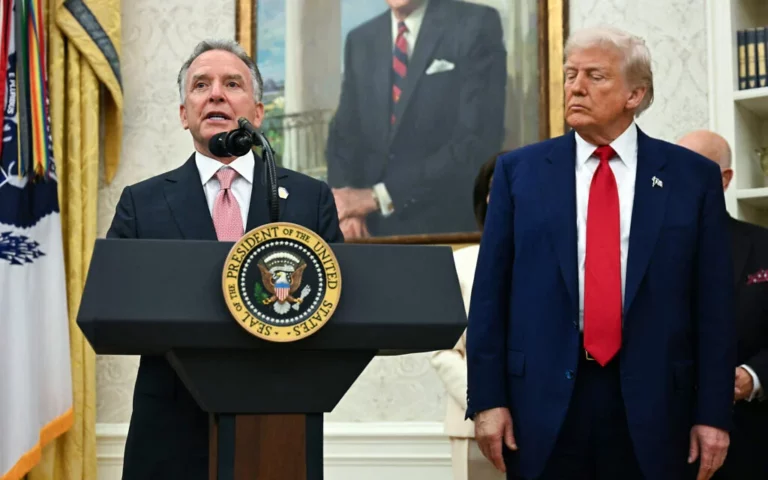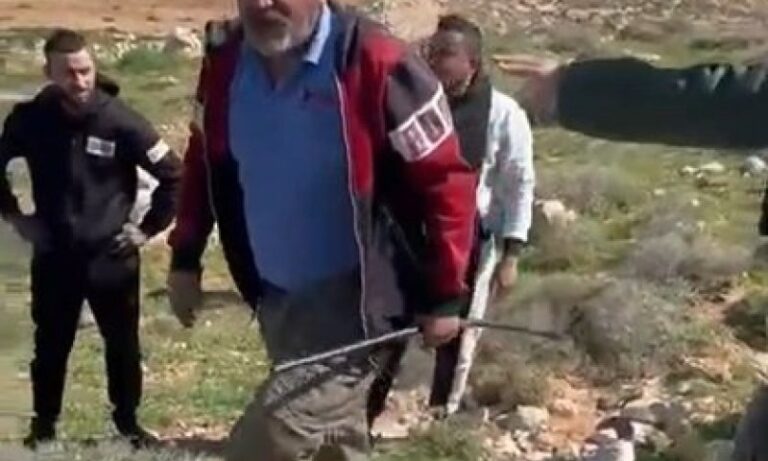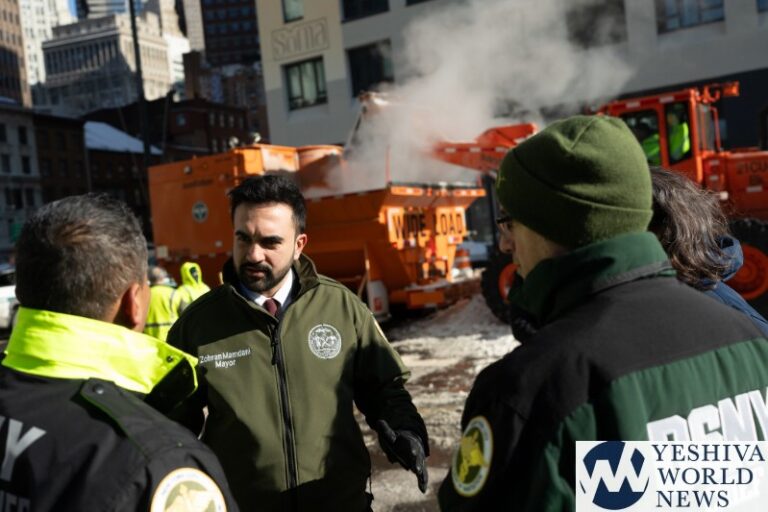Ann Mintz and Clifford Wagner have been struggling with indecision about the election for weeks. Their angst isn’t over whom to vote for — the Philadelphia couple are Democrats who support Joe Biden. It’s about how, precisely, they should cast their ballots.
They voted by mail without hesitation in the state’s June primary. But now there are new stresses. Will a slowdown at the U.S. Postal Service make ballots arrive too late? Will technical mishaps filling out ballots lead to the vote not getting counted? Or, in one even more complicated but possible scenario, would their mail votes be tallied later than in-person ballots, and will the in-person ballots be largely Republican, and will that allow Trump to prematurely declare victory on election night?
“The stakes are so high. We’re putting a lot of thought into it,” the 65-year-old Wagner said.
Many voters who decided early in the coronavirus pandemic to cast their votes by mail have been rethinking their options as Election Day approaches. Nervousness about whether and when their ballots will be counted is leading some voters to increasingly strategize and analyze a decision that was once a no-brainer. All the worry is spreading rapidly to election officials, who warn it might contribute to more chaos at the polls on Election Day.
If voters who requested absentee ballots change their minds and try to vote on Election Day, they may run afoul of a thicket of rules that vary from state to state. In many states, switching from absentee to in-person requires a series of steps to cancel the absentee ballot. Voters may be asked to cast provisional ballots that take longer to process. All these last-minute changes take more resources and more time and introduce the possibility for errors.
“It puts a whole lot of pressure on already overburdened election officials,” said Wendy Weiser of the Brennan Center for Justice.
Still, some Democratic groups trying to turn out voters have shifted their messaging from voting by mail to voting in person. In Philadelphia, the result is an unhelpful “whiplash,” said Al Schmidt, an elections commissioner in the city who worries about the unexpected impact.
“It adds to lines and has more people in polling places longer, which is what we’re trying to avoid,” he said.
Republicans have a parallel risk of disruption. Trump has sown baseless distrust of mail voting among GOP voters, frustrating his party’s strategists who worry the message could depress turnout. Trump tried to shift his message last month in North Carolina, urging supporters to vote by mail and then also cast ballots on Election Day to check whether the election was really secure.
That earned stern warnings from state officials that voting twice is a felony. Trump shifted to tell supporters to simply check on Election Day to ensure their mail ballots arrived.
But it’s some Democrats who are now looking at a shift. It achieved widespread popularity in the party’s rank and file during the initial outbreak of coronavirus this spring, which coincided with primary season. The party stressed it wanted voters to cast their ballots in whichever way made sense for them, even going so far as to sue Nevada’s Republican secretary of state to ensure there were more in-person voting options for that state’s June primary.
Reports about Postal Service changes and delivery slowdowns triggered a new set of concerns. Starting at the party’s virtual convention in August, some prominent Democrats began tweaking their recommendations. Barack and Michelle Obama urged supporters to, if possible, vote in-person at early voting locations. Some groups organizing Democratic-leaning voters followed suit.
“We’ve been letting voters know you can request absentee ballots and still go to the polls,” said Marcus Bass of Advance Carolina, which organizes Black voters in battleground North Carolina. “You just can’t vote twice.”
The Collective PAC, which focuses on turning out Black voters, has moved its $7 million campaign to push early, in-person voting rather than mail voting. Founder Quentin James said that while older, reliable Black voters have happily switched to mail voting, it’s been harder to persuade less frequent, younger ones.
“They don’t trust government,” James said. “They just want to go vote and punch the ballot in person.”
The change comes as coronavirus cases have begun to rise again in the fall, climbing rapidly in some battleground states like Wisconsin and potentially making in-person voting riskier on Election Day.
Jamie Perrapato of the activist group Turn PA Blue says she feels “like a therapist” because so many people call her to discuss their voting worries and option.
Perrapato’s advice: “Don’t think you can game the system. You can’t try to outgame him (Trump).”
Many states don’t make changing your mind easy. In North Carolina, voters who have requested an absentee ballot need to have a witness signature with it if they want their ballot counted. Pam Winton, a 73-year-old retired professor in Durham, plans to vote for Biden during the state’s early, in-person voting. But she also requested a mail ballot in case those lines are too long — unaware she’d need to get a witness before sending that in.
“I haven’t studied it that carefully,” Winton said. “I’m still waiting to see what the options are and what seems to be the safest and most reliable way to go about it.”
In Pennsylvania, voters who have requested an absentee ballot can only vote on Election Day if they bring the entire ballot package to return at the polls. Otherwise, their votes will be provisional.
John Fetterman, Pennsylvania’s Democratic lieutenant governor, says he worries about whether some of the 2.5 million Pennsylvanians who have already requested an absentee ballot for the election — three times as many Democrats as Republicans — will remember to bring the correct documents should they try to vote in person instead.
“All of this is predicated on absolute propaganda that they know has no basis in reality,” Fetterman said of Democrats’ concerns about mail voting.
(AP)

